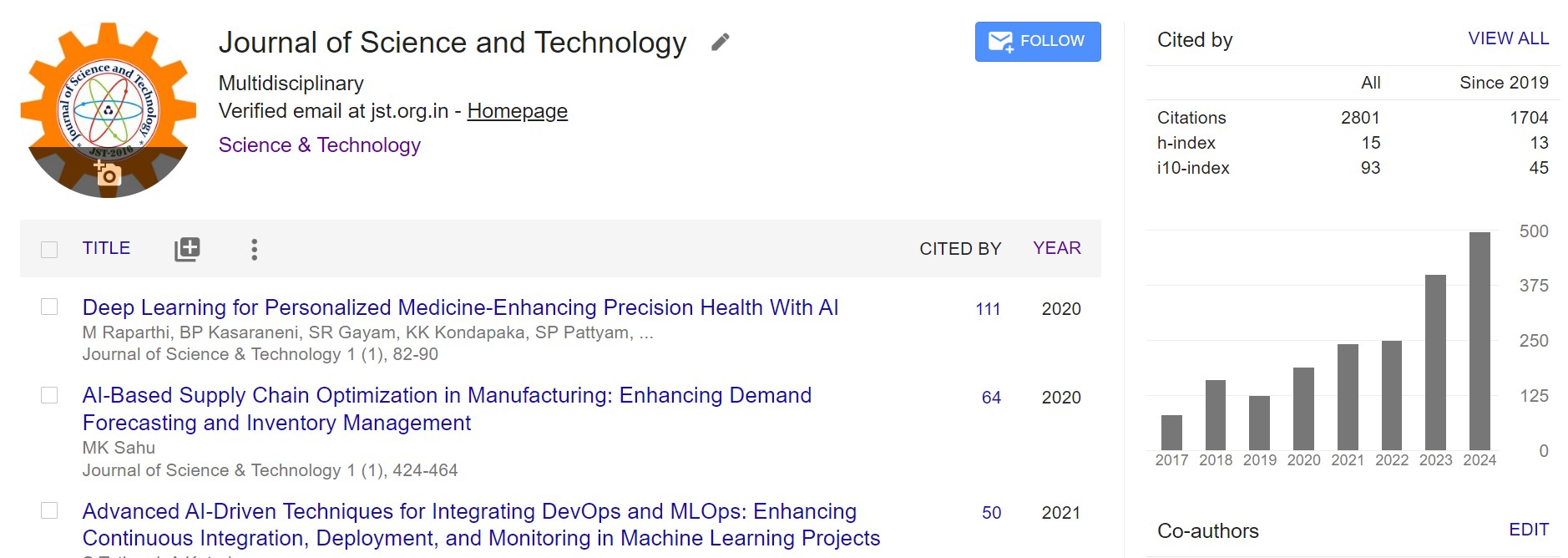Interception amelioration of Chipless RFID Tags Using Deep Learning Techniques
DOI:
https://doi.org/10.46243/jst.2023.v8.i05.pp22-32Keywords:
anechoic chamber, barcode, chipless rfid, deep Learning;, svm.Abstract
In this paper, we have proposed data-driven methods to enhance the interrogation and reliability of Chip-less Radio Frequency Identification systems. Six binary combinations of an 8-bit RFID tag are fabricated on a Rogers RT / Duroid ® 5880 substrate with a permittivity of 2.2 and a loss tangent of 0.0009 to create the model dataset. The tag's frequency response encompasses eight identifiable frequency resonances in the 3–10 GHz frequency band. By analyzing the spectral signature of the backscattered chip-less RFID tags at possible reach and orientation, two distinct datasets corresponding to ideal (within the anechoic chamber) and natural environments are prepared. The data sets are trained and evaluated using the SVM, KNN, DT and DNN approaches. A validation accuracy of 97.5% is obtained for the DNN model in actual environmental conditions in the presence of clutter and noises. The DNN model attains an accuracy of 99.5% on the ideal dataset and 97.5% on the actual dataset. The model extracted tag information up to 70cm from the interrogator, which is about a 20% increase in reading range compared to conventional interrogation methods.


























